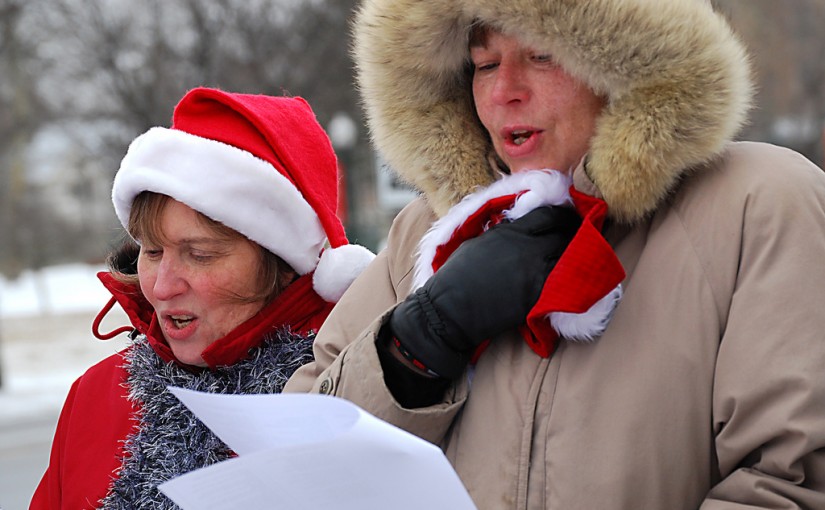Tag: Christmas
-

The Top Five Christmas Health Risks
The holidays are a season for celebration with loved ones. But if the proper safety precautions aren’t taken, you may find yourself spending your time in the emergency room, rather than around the tree. Fortunately, there’s a lot you can do to reduce the risk of holiday injuries for yourself and your loved ones. Start…
-

How to Have a Happy and Healthy Holiday Season
The holidays are a season for family, friends, and fun. But it doesn’t take much for all that packed-in merriment to become overwhelming. Between all the parties, the travel, the treats, and just plain disruption to your routine, self-care can quickly fall to the wayside—leaving you feeling tired, stressed, and maybe even guilty. But even…
-

Keeping Out Of The Emergency Room This Christmas
Unfortunately, emergency rooms get very busy at the holiday season. No matter where you live, the chances of you or someone in your family having to go to the hospital increase around Christmas time, specifically because of seasonal and environmental changes. Keep these few tips in mind to prevent any unwanted illness or injury at…
-

Fundraising In The Holiday Season
It can be very difficult to raise money through donations during a time of the year when everyone seems to be strapped for cash, but never fear! Remember these few tips, and you will have no trouble with your next holiday season fundraising project. Enlist Friends and Family Sure, they may not be paid…